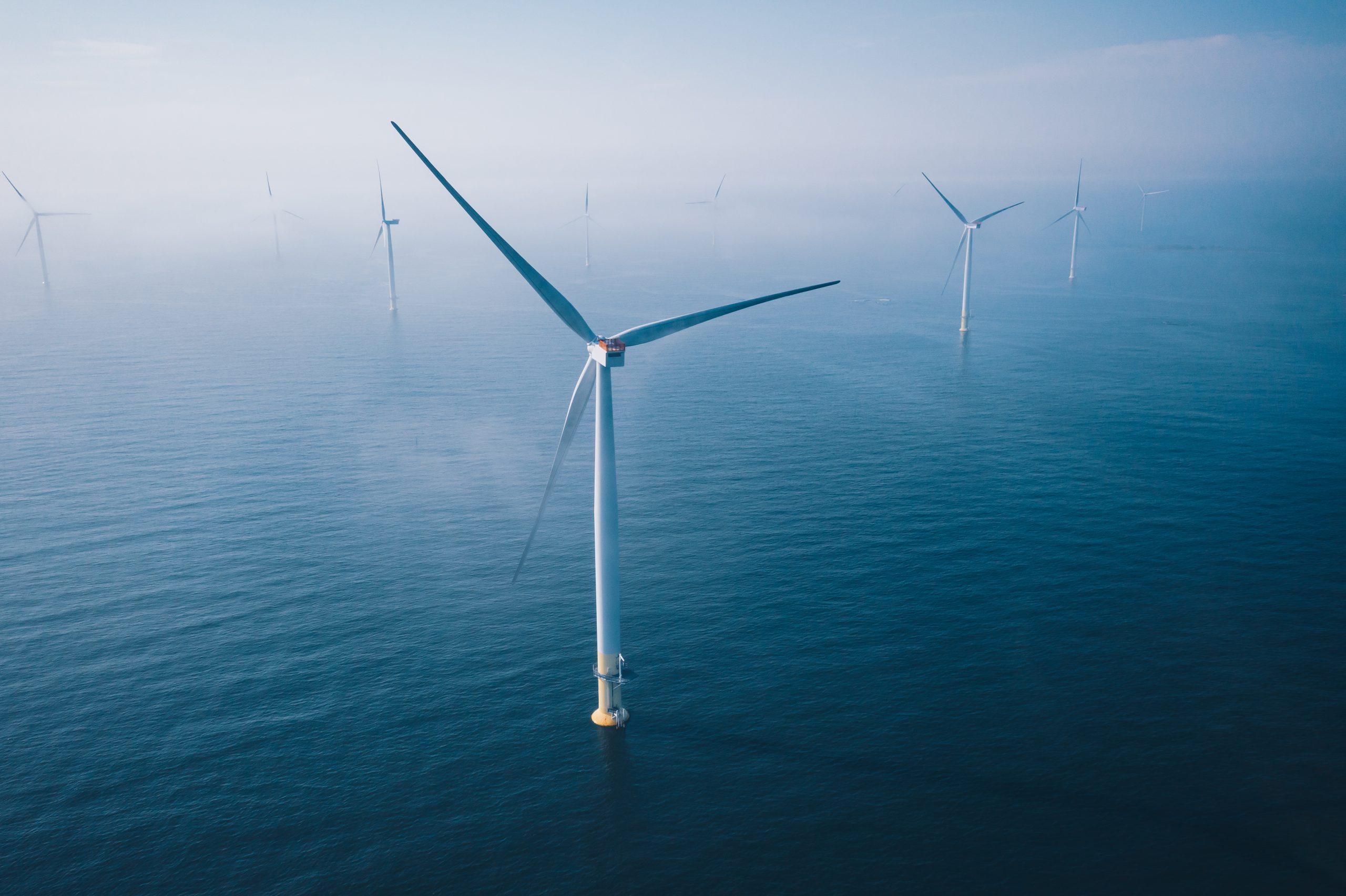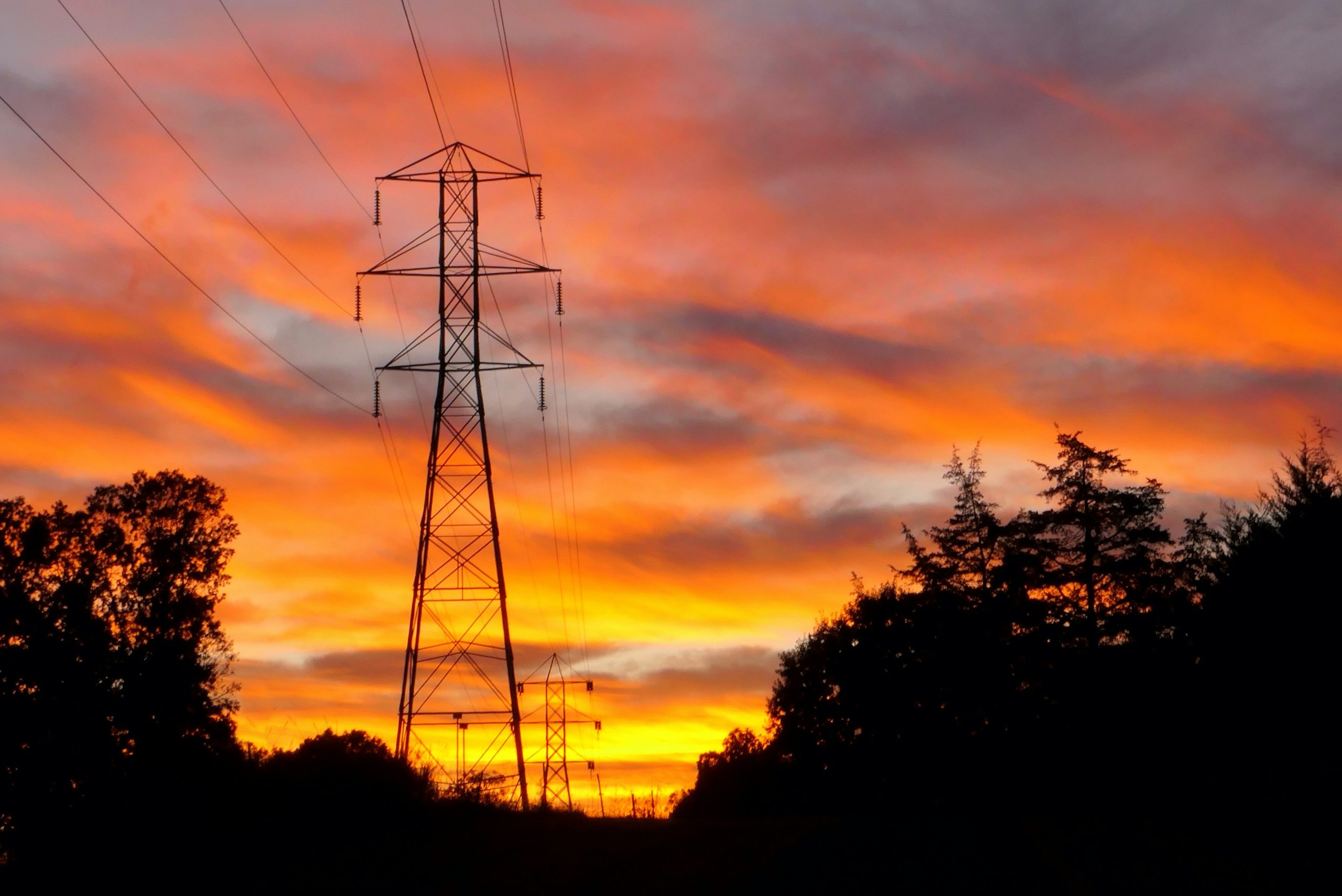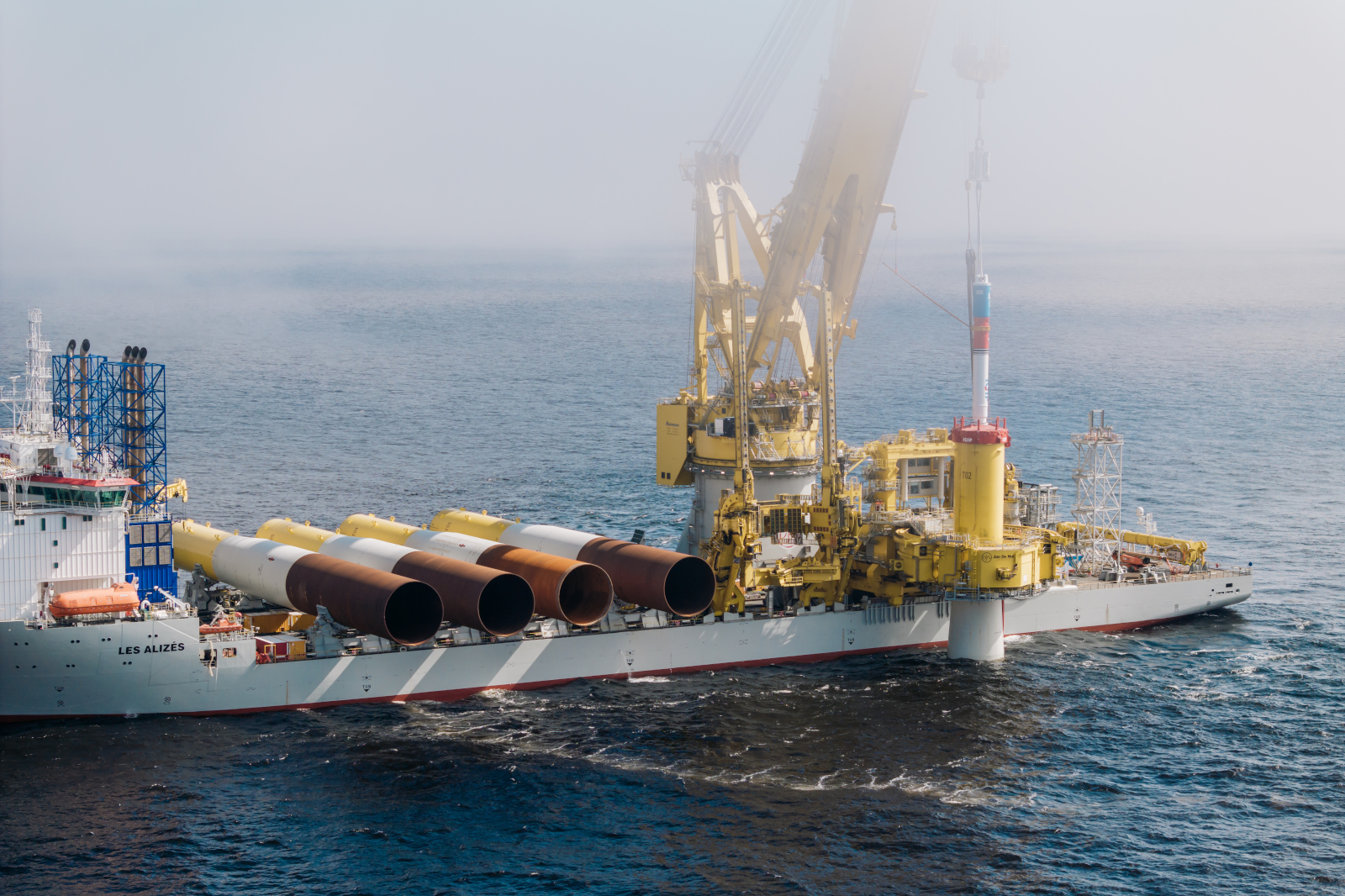On the 3rd of May, The Swedish government presented how they want to conduct a better assessment of offshore wind development. In its commentary, Svensk Vindenergi (the Swedish Wind Energy Association), welcomes clearer long-term rules in the field, but at the same time stresses that right now the top priority must be to decide on the 10 offshore wind proposals on the government’s table. They point to the risk of delays in making the necessary investments.
The government’s planned “Structured assessment of offshore wind energy projects” is to analyze how the legal framework for the use of offshore areas for wind energy development can be improved, including how the assessment of wind energy permits in Sweden’s economic zone can be made more efficient and transparent. The goal is to achieve an evaluation system that will provide conditions for increased expansion of offshore wind energy, while taking into account other social interests. The study report is due in July 2024.
Svensk Vindenergi believes that this period means further delays before the new rules can be implemented. While clearer long-term rules for simpler and more coordinated evaluation will be beneficial, these rules should have been introduced earlier. This threatens to delay the necessary development by 10 terawatt hours (TWh) per year, which is needed to meet soaring electricity demand over the next 10 years. There is already a number of ongoing and advanced offshore wind projects in Swedish waters that are waiting for these procedures to be expedited.
As Lina Kinning, responsible for offshore wind energy in the Swedish Wind Energy Association, points out: When the study is completed next summer, it may be too late to start making permitting decisions if we want to have the necessary offshore wind power in Sweden before 2030. In practice, permits are necessary to pre-secure investments and components in an environment of increasing international competition. More and more countries are significantly increasing their offshore wind expansion targets. Sweden runs the risk of missing this train, delaying the development of electricity generation. She adds: It is also positive that the investigation will examine how Sweden’s security interests should be taken into account in the assessment, as coexistence with the interests of the Swedish armed forces is one of the most important issues to be resolved for offshore wind development.
Currently, 10 offshore wind farms in the Swedish economic zone are awaiting a government decision. Therefore, the study’s approach of looking at how the revised regulatory framework should be applied to ongoing cases and issues where it is crucial to maintain the momentum of projects is positive.
Source: Svensk Vindenergi and the Government of Sweden
https://www.regeringen.se/rattsligadokument/kommittedirektiv/2023/05/dir.-202361














